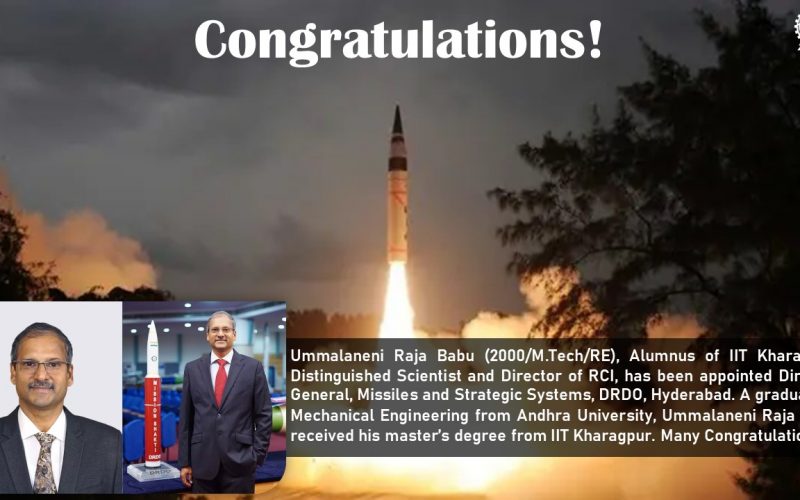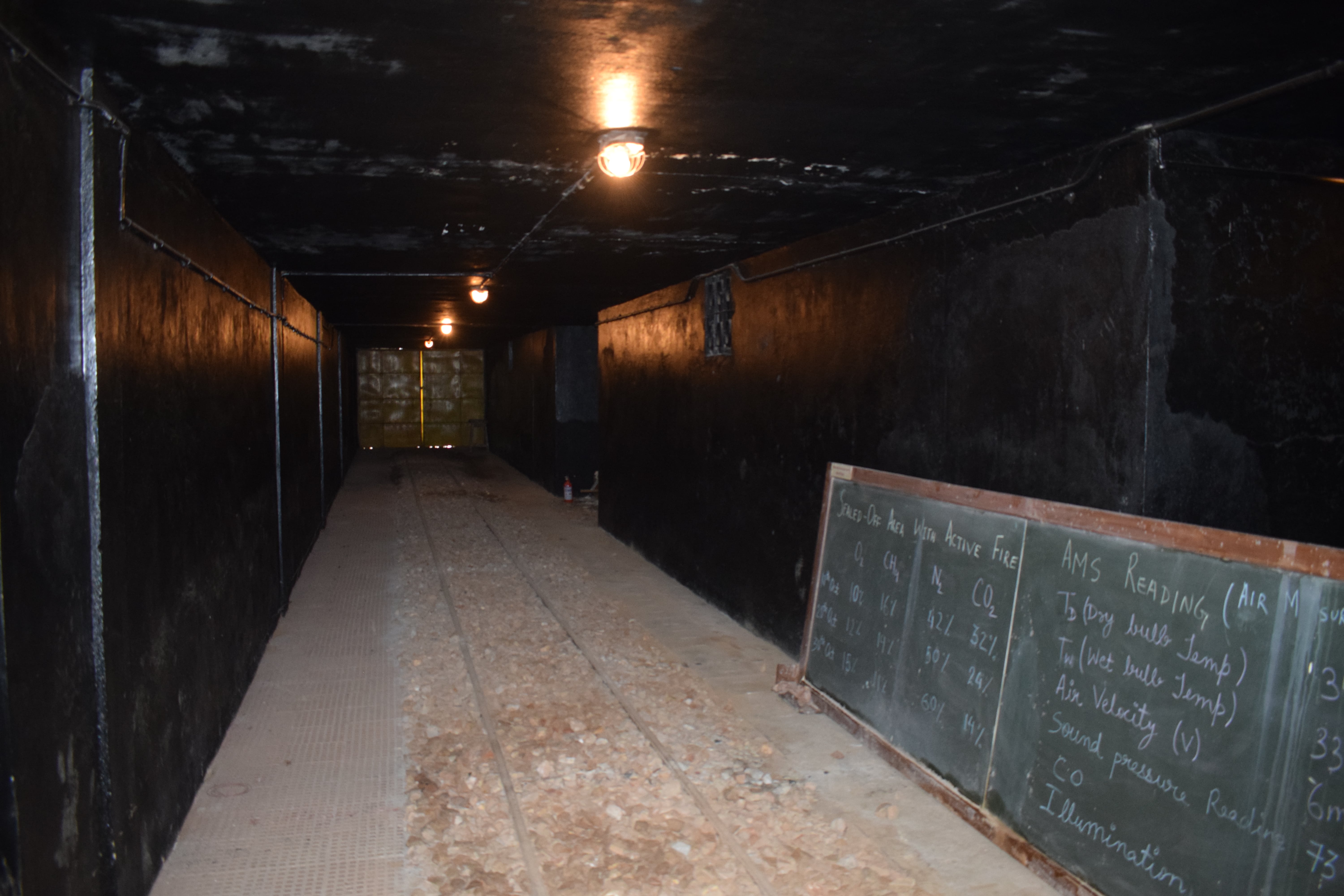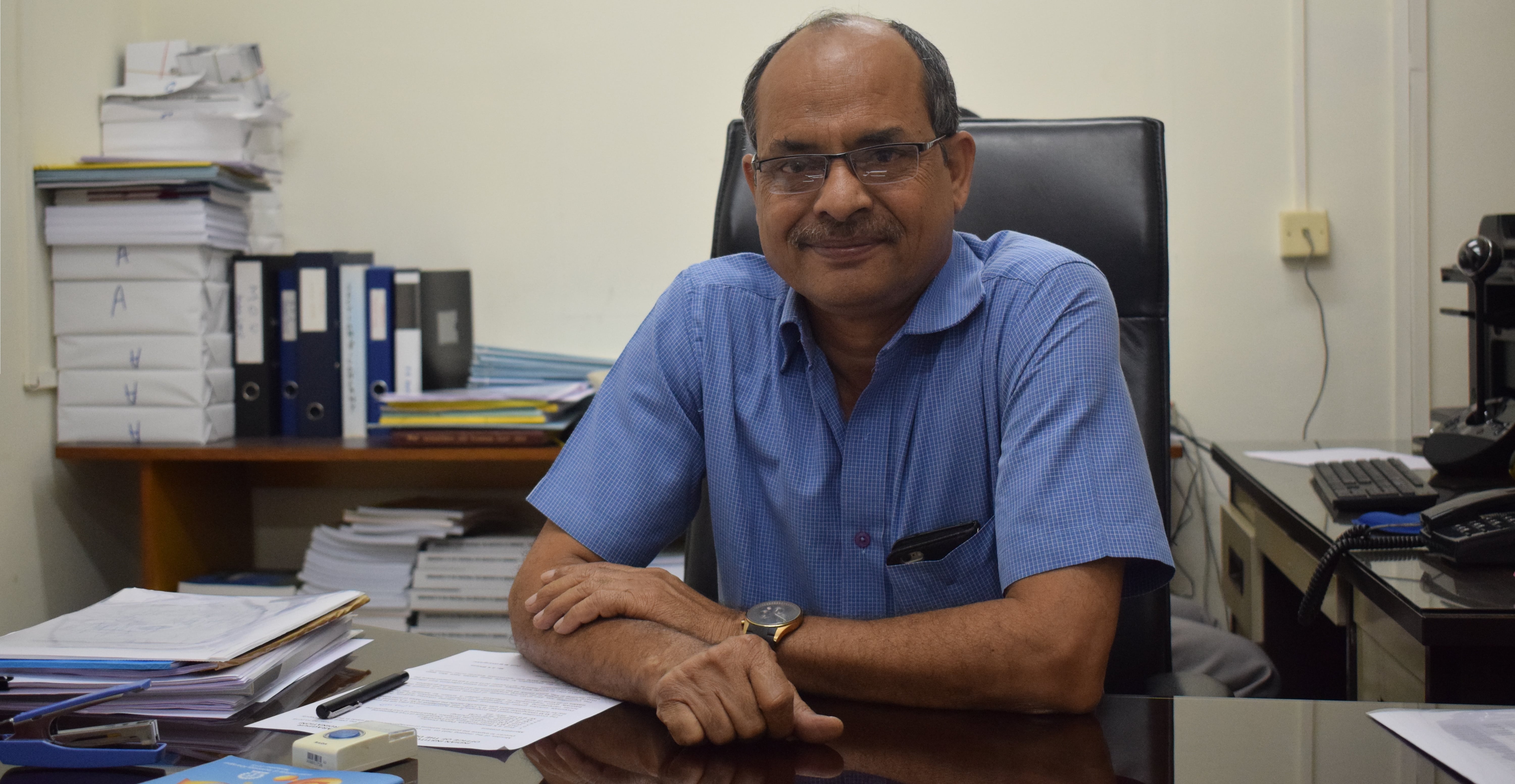
Dr. Ummalaneni Raja Babu, Alumnus of IIT Kharagpur appointed as the Director General, Missiles and Strategic Systems, DRDO, Hyderabad
Leadership is not an expertise, leadership is a constant education. A leader is someone who knows the way, goes the way and shows the way. He is the one who sees before others see, farther than others see and sees more than others see. Integrity, insight and inclusiveness are the qualities that drive an ordinary individual to be a lead the masses. Liberation of mind from stereotypical thoughts and rising to the power on enlightenment is the rare profoundness that a distinguishes a leader from a follower. When Dr. Ummalaneni Raja Babu was doing his masters in IIT Kharagpur, never…


